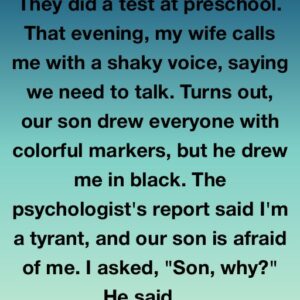Kilmar Abrego Garcia Case Raises Constitutional and Moral Questions
Washington, D.C. – The case of Kilmar Abrego Garcia has become more than a legal dispute—it now stands at the crossroads of immigration policy, criminal justice, and constitutional protections. Legal scholars warn it could redefine the boundaries of prosecutorial authority and reshape how the United States balances power, law, and human dignity.
At the center is Abrego Garcia, a Salvadoran father who lived in Maryland for over a decade after fleeing gang violence. Despite a judicial order shielding him from deportation, he was expelled under the Alien Enemies Act—a wartime statute seldom invoked in modern times. Returned to El Salvador, he was placed in CECOT, a maximum-security prison criticized internationally for human rights abuses.
A federal judge later ordered his return, citing irregularities. But compliance was delayed until prosecutors in Tennessee brought new human smuggling charges, fueling allegations of political retaliation. Critics point to reports of coercive plea tactics, including threats of deportation to third countries, which defense attorneys say placed unconstitutional pressure on Abrego Garcia to surrender his rights.
Civil rights groups argue such maneuvers dangerously blur the line between immigration enforcement and criminal prosecution. They warn that coercive threats—particularly when a man’s life may hang in the balance—undermine due process and corrode the moral foundations of justice itself.
The government has portrayed Abrego Garcia as an MS-13 affiliate, though little public evidence has been made available. Advocates counter that the case reveals prosecutorial overreach, raising alarms about executive power unchecked by judicial restraint.
A Test of Law—and of Conscience
For many observers, the case is not only about statutes and precedents but about the ethical compass of a nation. Testimony of mistreatment in Salvadoran prisons—beatings, malnutrition, psychological abuse—underscores the stakes of policies that treat human beings as bargaining chips.
Sufi wisdom reminds us that “the measure of power is not in how force is applied, but in how restraint is shown when force is possible.” Likewise, the Prophetic tradition emphasizes that justice must never be compromised by fear or political expedience. A system that sacrifices fairness for convenience risks losing both its moral weight and its constitutional legitimacy.
As federal courts review the claims of misconduct, the Abrego Garcia case stands as both a legal flashpoint and a moral test. However the ruling lands, it will echo far beyond one man’s fate—shaping how America defines justice, the dignity it affords even those accused, and the limits of authority in a nation bound, at least in principle, by law and conscience.





